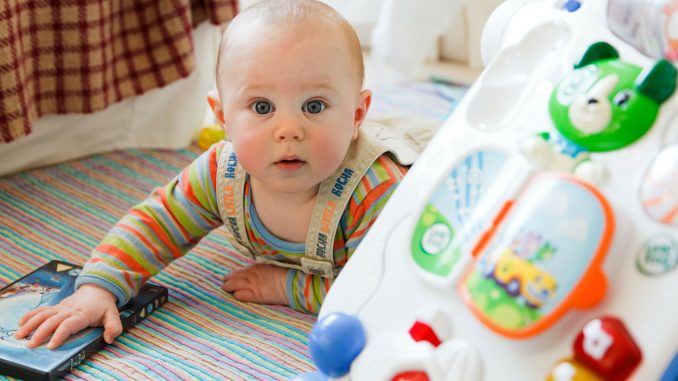
In the EYFS there are two main types of assessment – on-going assessments which occur daily, to determine what children can already do, and what they need to do next and how this can be supported by the practitioner or parent /carer. This type of assessment is often called ‘Formative’ assessment as it informs practitioners what the Next Steps in the development should be.
When a series of observations and notes have been made regarding a particular development, the practitioner is then in the position to write an assessment and log the level of proficiency obtained by the child.
For example, if a child is just starting to hold a spoon, this could be assessed as an emerging skill. If the child has been held a spoon a number of times and the child is getting better at holding the spoon correctly then this development can be classed as developing. If however, the child is able to hold the spoon confidently and use it effectively for the function it is meant and feeding themselves, then the child can be assessed as being secure in this ability.
By undertaking series of observations and assessments in this way a child’s development can be charted and tracked to show their progression.
Summative assessments on the other hand are summaries of a child’s development at any given time.
This normally occurs twice in the EYFS. Firstly during the age 2 Progress Checks and secondly, in the final term of the Reception year called the EYFSP.
Although transition assessments can also be carried out, these only occur if children move from one group to another or change childcare settings.

Be the first to comment